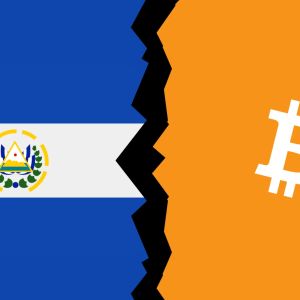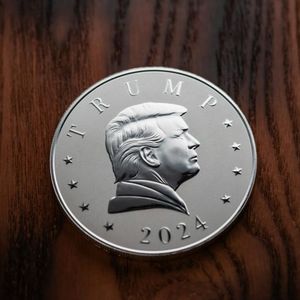El Salvador adds 8 Bitcoin to Reserves in past Week, defying IMF agreement
3 min read
El Salvador has added eight Bitcoins to its national reserves this past week, pushing its total to over 6,173. BTC. The government continues its Bitcoin strategy despite strict conditions in a loan deal signed with the International Monetary Fund (IMF) in late 2024. Currently, the country’s holdings are worth more than $641 million. The figures were reported by El Salvador’s Bitcoin Office, which monitors and announces the country’s Bitcoin purchases. President Nayib Bukele’s government wants to stay the course of its Bitcoin policy. President Nayib Bukele is betting even bigger on Bitcoin. Even with international pushback and IMF advisories, he insists there will be no going back for the country’s Bitcoin strategy. On March 4, 2025, on X, he wrote : No, it’s not stopping. If it didn’t stop when the world ostracized us and most ‘Bitcoiners’ abandoned us, it won’t stop now, and it won’t stop in the future. President Nayib Bukele The Bukele government has been buying at least one Bitcoin a day. This has been going on since late 2023 and has continued in abundance into 2025. There are days when the government purchases more than a single BTC, depending on market prices and how much money is available. The buys are carried out via the Bitcoin Office, a special unit created to deal with crypto stuff for the government. This office is also in the habit of making routine media announcements and posting information regarding the government of El Salvador’s Bitcoin holdings through its website and social media. IMF pressures El Salvador to restrict Bitcoin In December 2024, El Salvador signed a $1.4 billion loan deal with the International Monetary Fund (IMF), whose public policy aims to stabilize the economy, encourage foreign investment, and reorganize national debt. But the offer was not without strings. The country agreed to halt any voluntary public sector accumulation of Bitcoin as part of a technical memorandum of understanding. This included activities such as purchasing and mining BTC. However, the agreement clarified that Bitcoin obtained through forfeiture, seizure, custody, or similar legal actions against individuals or companies would be exempt from this restriction. The memorandum of understanding further pointed out that the public sector included all hot and cold wallets under the governance of any government-owned entity. Some of the entities listed included the Chivo Wallet, La Agencia Administradora de Fondos Bitcoin, Comision Ejecutiva Hidroelectrica del Rio Lempa, and Oficina Nacional del Bitcoin. El Salvador’s lawmakers responded in January 2025 with a 55 to 2 vote to repeal the Bitcoin legal tender law. The law was later reversed; Bitcoin was still legal in the country, but it was no longer compulsory to use in transactions. Easing these strict regulations did not mean that the government stopped believing in the wonders of crypto. Bitcoin purchases continued, and by March 2025, the IMF reiterated its advice for El Salvador to stop buying the digital asset. But President Nayib Bukele resisted, rejecting the IMF’s request. This defiance has frightened international economists and investors. El Salvador is opening itself to gratuitous financial risk, many believe. Even the IMF has cautioned that continued Bitcoin purchases with public money could make the country’s fiscal outlook more volatile. Bukele expands Bitcoin reserves despite IMF deal El Salvador’s Bitcoin buying spree is not showing any signs of slowing. The Central American nation remains among the rare few actively acquiring Bitcoin through open market operations. Crypto industry leaders believe its national Bitcoin treasury approach could become a model for other countries exploring the idea of strategic Bitcoin reserves. Some analysts think Bukele’s plan may encourage other small or emerging nations to consider Bitcoin a national reserve asset. El Salvador is the only country in the world taking public money in real-time and daily to generate purchases in Bitcoin. Critics call the move risky, while its supporters say it is visionary. Your crypto news deserves attention – KEY Difference Wire puts you on 250+ top sites

Source: Cryptopolitan



